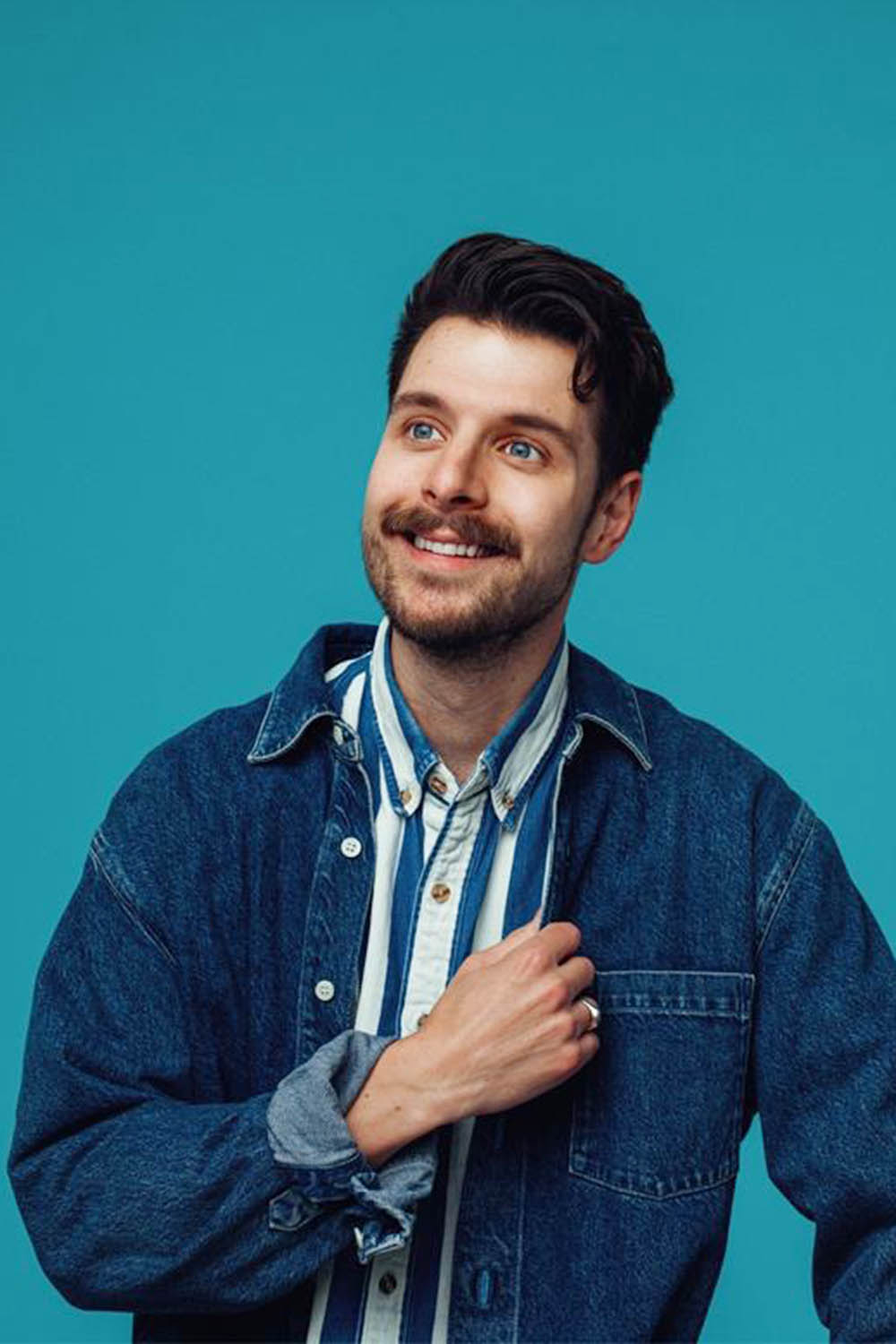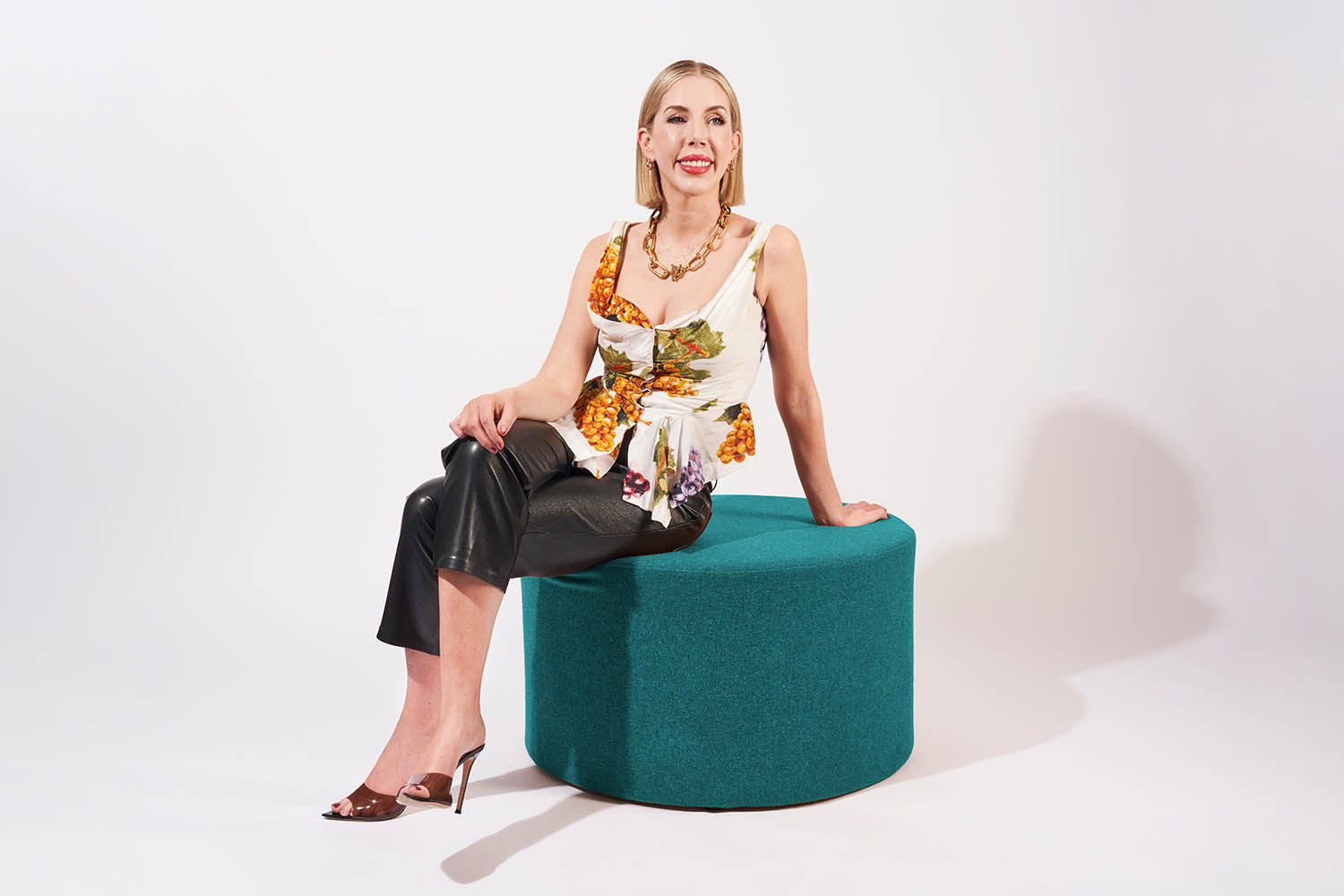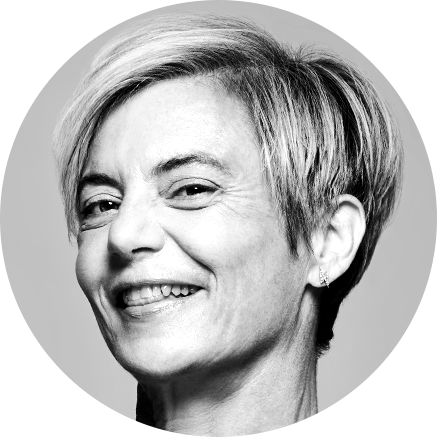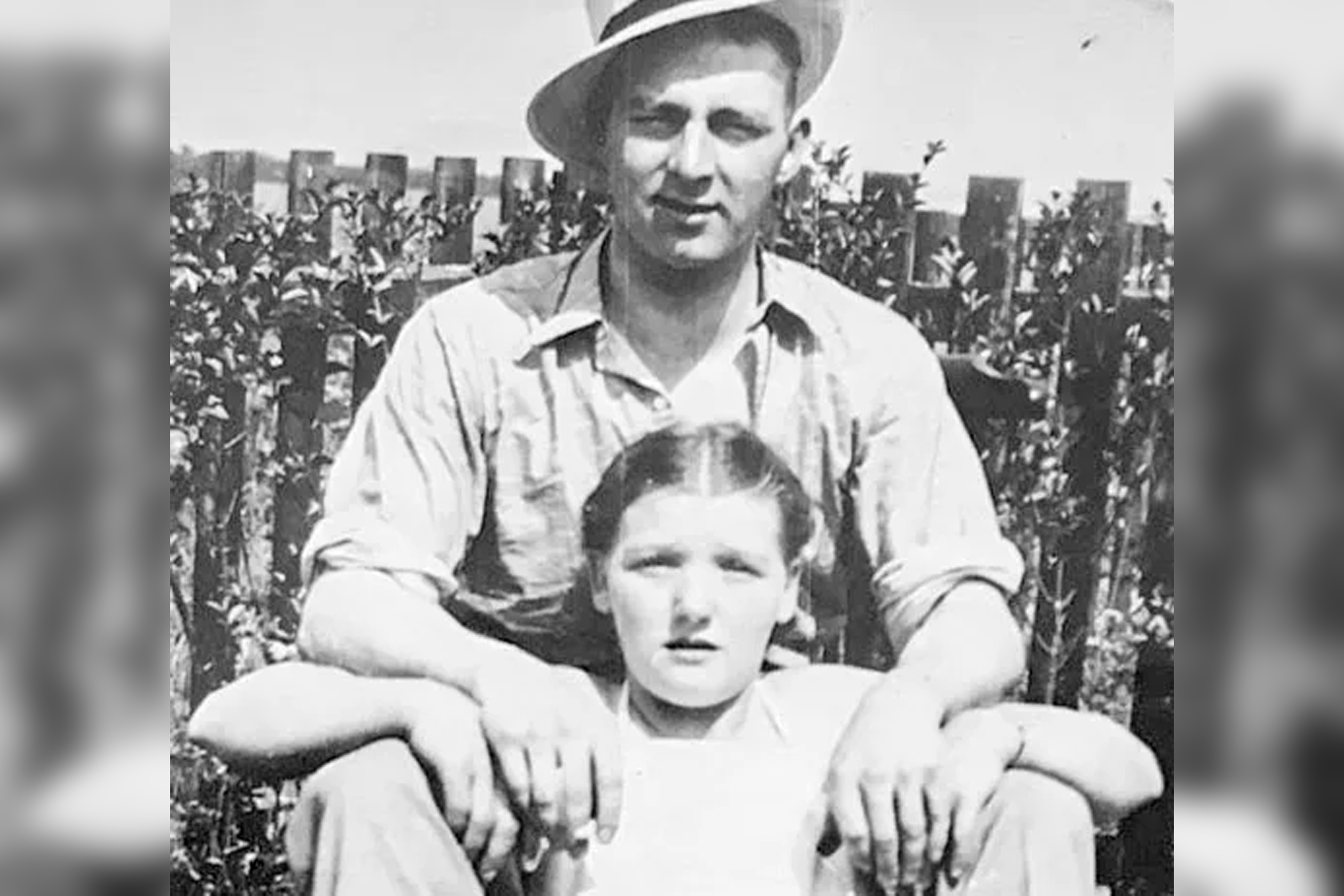What’s My Age Again?
Bauer Media
Like and Subscribe: How YouTube Changed the World
BBC Radio 4
Vine: Six Seconds That Changed the World
Global
The excellent comedian, broadcaster and all-round top woman Katherine Ryan has a new podcast out, a reason to get excited. But, although What’s My Age Again? is trying its best to have a fun time, there are bits that creak, slow things down and are what the youngsters call “cringe”. Like getting older, really.
Ageing, of course, is both a privilege and not for the faint-hearted. It’s not until your 40s that you think of it as something that might affect you. Ryan is 41. And so is her first guest, the very funny Joanne McNally, of My Therapist Ghosted Me podcasting fame. Both are at the very beginning of understanding that even they, too, will get older, and there’s only so much you can do about that.
Related articles:
The premise of the show is that there are ways of ageing while remaining young. Or at least feeling young. An interesting topic, but for much of the show we only scratch the surface, because we only focus on the surface. “You’re young and fresh,” Ryan says to McNally; McNally says, “I think we look quite ‘natch’”. There’s a lot of chat about botox and boob jobs, fillers and lasers. “I did a photo shoot and… I was like, Oh, I look like a melted baby,” says McNally, about realising she’d had too much work. But the discussion of such tweakments never leaves the technical (don’t have fillers over 40, ladies, because “it ages you even more”, apparently; also, if you laser your pubes they’ll never grow back). There’s no real unpicking of why some women feel they have to do it, even if they’re not on TV, or why some feel they don’t.
There is also some really heavy-handed advertising, where Ryan tells us all about the collagen tablets she’s going to be taking for the next 12 weeks in order to “improve her skin, hair and nails” and thus be even more youthful (research consistently says that you’d get better results from a balanced diet). I enjoyed the discussion around McNally’s adoption and her eating disorder. But the main hook to the podcast, if it is a hook, is that we discover the guest’s biological age (as opposed to actual, chronological age). McNally undergoes a blood test and the results are given to her towards the end of the show. Spoiler alert (but, you know, we’re not talking The Last of Us): she discovers that her biological age is so low it’s actually funny. “I’ll ramp it up!” she jokes. “Need to get on the ketamine!” McNally is an outlier, and she wears it well. She and Ryan bring good vibes, wit and glamour, but ultimately, ageing is more interesting than this show makes it sound.
Anyway, you really wanna feel old? YouTube is 20! To celebrate, Sophia Smith Galer is whizzing us through what the platform has done for us over the years. In Like and Subscribe: How YouTube Changed The World, Galer, a clever digital journalist (she made her name on TikTok), proves a warm and informed presence. She knows what she’s talking about and makes everything easy, even for non-digi Radio 4 listeners. Unfortunately she’s only been given five shows of 15 minutes each to do this. In the first we get YouTube’s beginnings, the second, how ordinary people took it over; the next three cover music, political activism and AI. Not quite clickbait, but hardly in-depth. There’s also a computerised voice at the start of each episode, representing the algorithm, which is, to use a technical term, a bit crap.
To her credit, Galer does her best with the short time she’s given. The episodes are scattered with little truth surprises, whether from the original designer of the YouTube play button and interface (his design is still used), or what it was like being an early vlogger from Joe Sugg. “I remember coming home from work … and seeing my sister [Zoe Sugg aka Zoella], Tyler Oakley [and] Troye Sivan in our living room, sat on their laptops having fun, and I was like, ‘I wanna be doing that.’” The music episode features two female musicians who had a mixed experience of YouTube when they were in their teens. One, Rebecca Black, was relentlessly mocked when she was only 13 for releasing a song called Friday; the other, Dodie, had an easier time, but she still felt misunderstood. However, both insisted that, overall, YouTube had been positive for them; that they simply wouldn’t have been able to get their music out to anyone without it.

More internet remembrances from Benedict Townsend, host of the YouTube series Scroll Deep, who, with Vine: Six Seconds That Changed the World, has decided to remind us of vines. We all loved vines: funny little six-second videos that pre-dated and foreshadowed TikTok. In 2015 the Vine app had more than 200 million active users. Less than two years later, it was dead. “And we still don’t really know who pulled the trigger,” says Townsend.
This is a detailed, swift-paced, high-energy but revealing listen. There are lots of excellent noises – the creaking sound of an old modem, old newsreels, 2000-style guitar riffs (also, interestingly, the same early YouTube video used in Galer’s show) – and Townsend is a great host, though he does get a bit hyperbolic. “A meeting is about to change the course of history,” he says, about a gathering of vine creators in an influencer house. You might need a break from his breathlessness, but this is a fascinating story: how did such a brilliantly popular invention never make any money and close before its third birthday? Hint: Twitter (again). And yes, bring back Vine!



